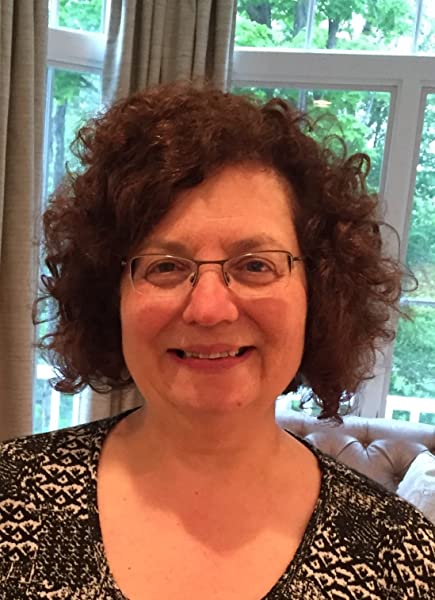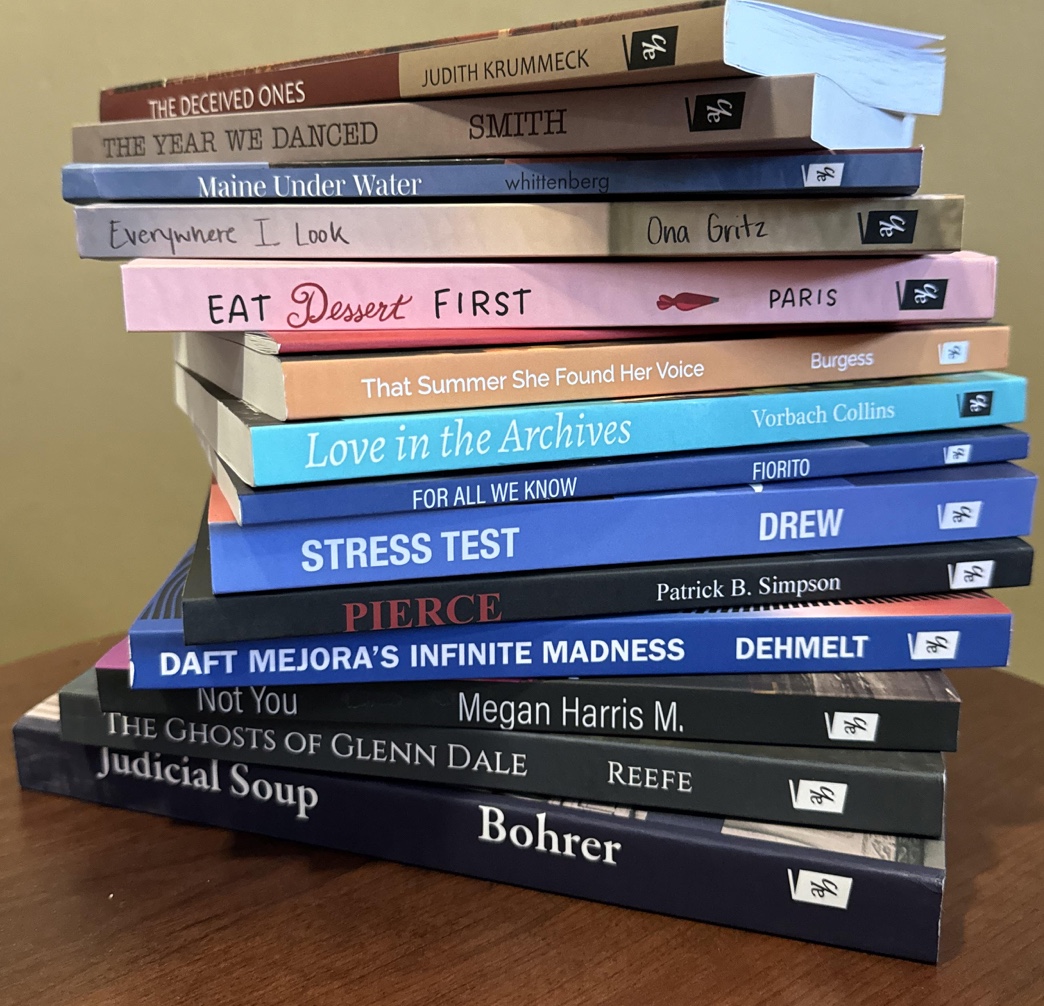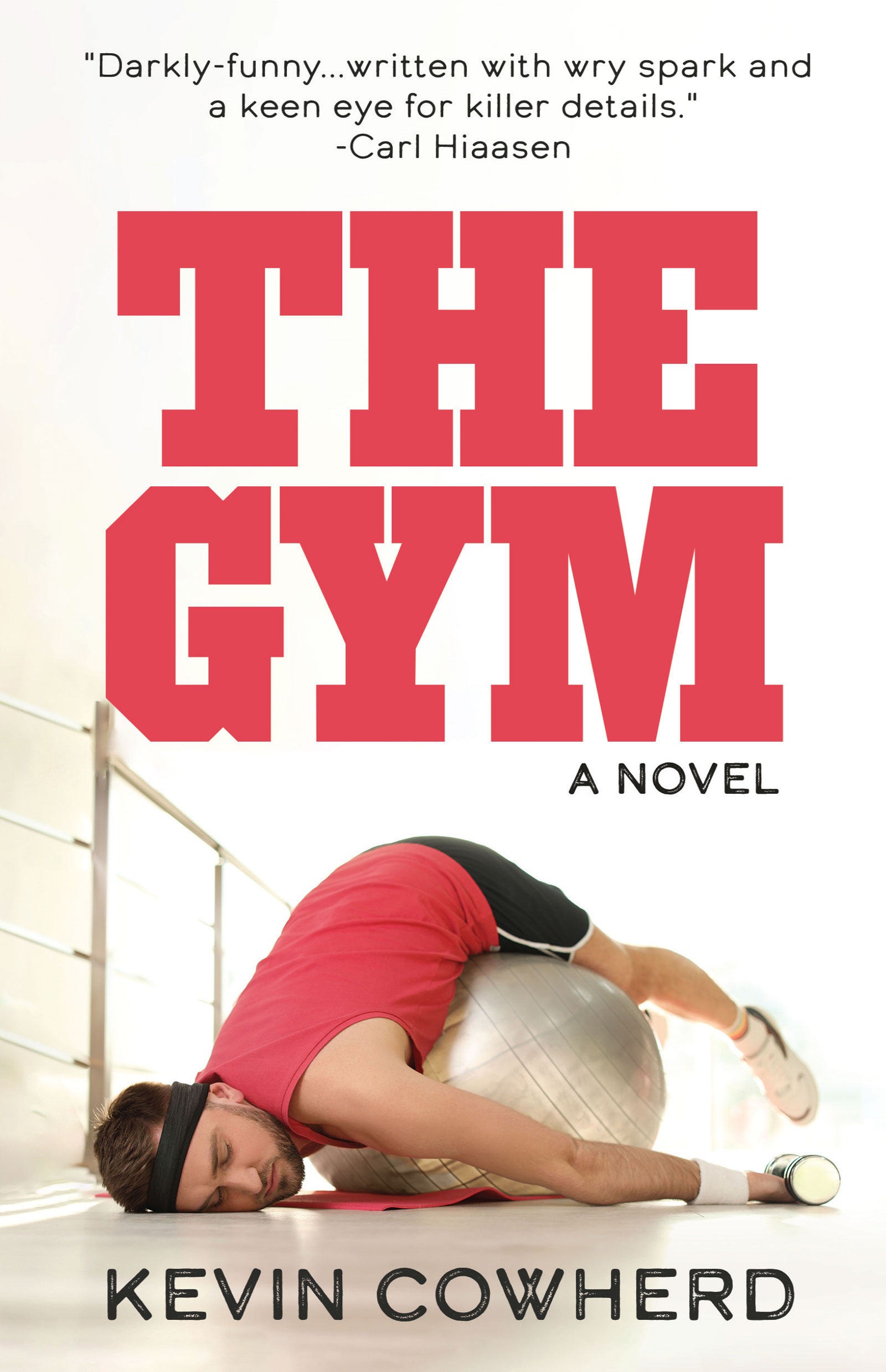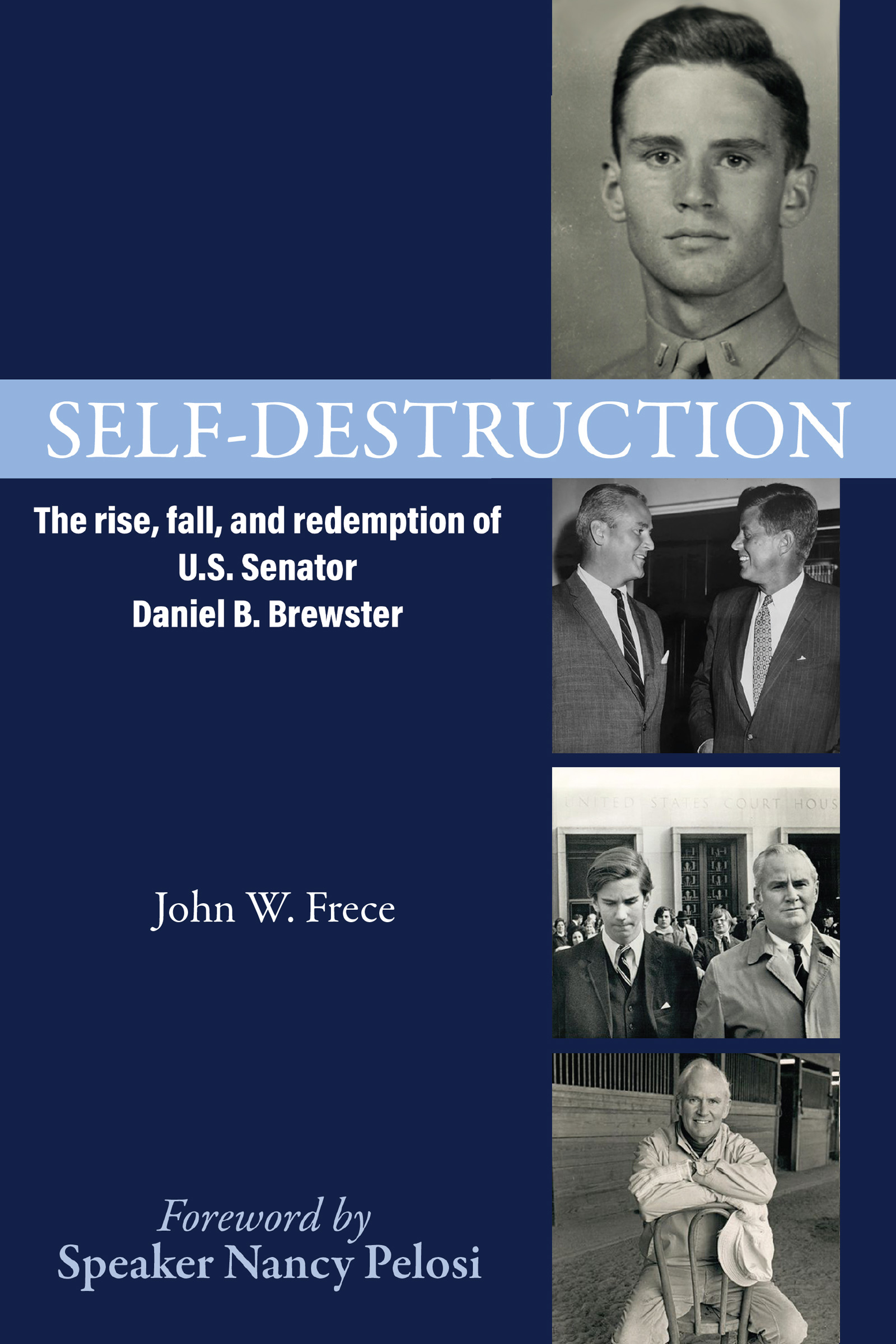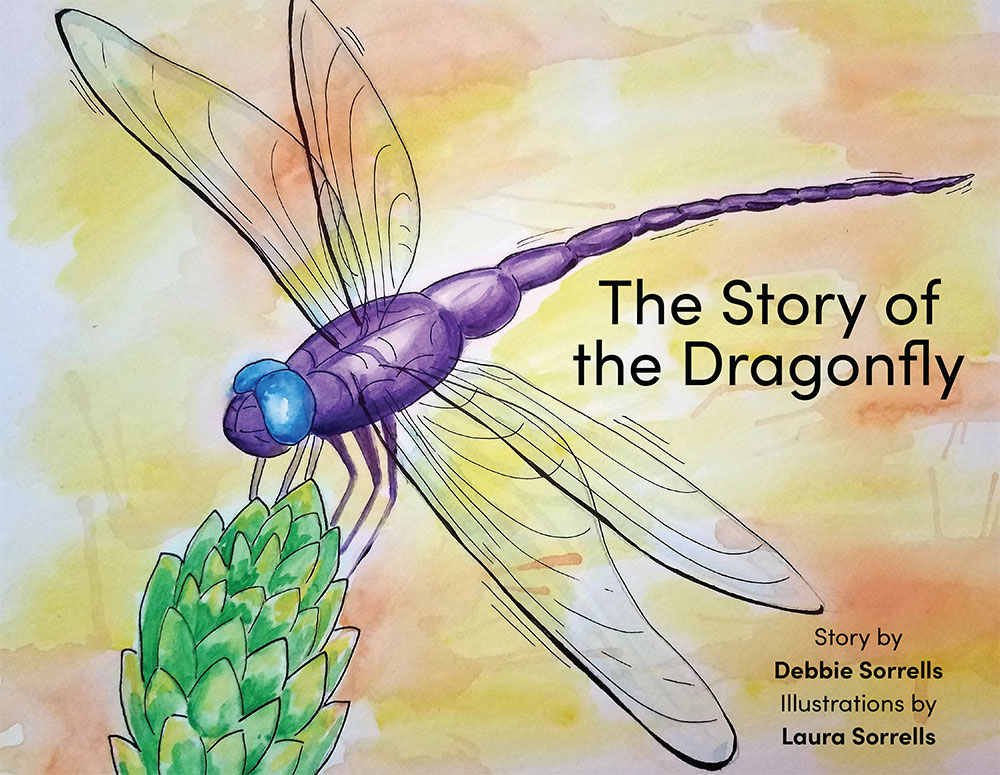Nancy Gerber’s newest novella, What the Living Remember, is the story of Karl Zimmer, a German-Jewish teen coming of age in the pre-war Nazi period. The book explores the experiences of Karl Zimmer and his family in 1933 as Adolf Hitler gains full power over Germany. Karl faces typical teenage challenges — first love, finding his identity, and defining his masculinity – amidst the growing threat of laws that restrict political and social freedom for Germany’s Jews. This is a profound story that brings the reader into a personal, psychological view of life in the early Nazi period. What the Living Remember is Gerber’s first book published by Apprentice House at Loyola University Maryland.
Q: Tell me a little about your book. How did you come up with the idea for this book?
A: I started thinking about this book in 2017, when news about the treatment of refugees at the southern border was sending shock waves through the country. This humanitarian crisis propelled my thoughts in the direction of my father, who was a refugee from Nazi Germany, which he fled in 1938. It was not easy for German Jews to find sanctuary; many countries, including the U.S., had strict quotas about how many Jews could enter. I had always been interested in the Holocaust because of my father’s story and the knowledge that his life would have been different had he not found asylum. I used to teach a course called Women’s Voices of the Holocaust when I was a visiting lecturer at Rutgers University-Newark. The syllabus focused on memoirs describing the horrors of the concentration camps.
Q: How did you get interested in writing this particular genre?
A: The genre of the novella is a bit of an odd form—too long for the short story, too short for the novel. Even the guidelines for novella submissions are odd—the word count ranges from 16,000 to 40,000 words, which is a fairly large range. But the novella seemed perfect for the story I wanted to tell. I felt it gave me room for complexity and character development without having to adhere to the novel’s length.
Q: What kind of research and preparation did you do for this book?
A: I found it very difficult to reconstruct Jewish life in pre-war Germany. I knew very little, almost nothing, about my father’s childhood other than that he had been beaten by a gang of anti-Semitic boys who stole his bicycle. A version of this incident appears in the book. Like so many whose lives were ruptured by the Nazis, my father refused to talk about his past. For many years I didn’t realize he came Germany; it wasn’t until schoolmates began to ask where he was from that I realized he spoke with a foreign accent. What I learned in doing research was that the experiences of Jews in pre-war Germany varied greatly from city to city. Jews in the countryside had different experiences than those living in large urban centers. Finally I decided I would imagine a city that was loosely based on Berlin so I would not be completely bound to a history I couldn’t document. Fiction gives a writer freedom to do that , to invent. But I did consult a number of books in order to better understand the many laws constricting Jewish professional, personal, and cultural life, including Life and Death in the Third Reich, by Peter Fritzsche; War & Genocide: A Concise History of the Holocaust, by Doris Bergen; and The Holocaust: Roots, History, and Aftermath, by David M. Crowe. The United States Holocaust Memorial Museum provides a timeline of historical events on their website which I found very helpful.
Q: What inspired you to write this book?
A: I realized I knew little about the pre-war period of the 1930s when my father was coming of age, and I wanted to try to imagine his experience.
Q: What were early influences on your writing and how do they manifest in your work?
A: What the Living Remember is written in the first-person as a kind of fictional memoir. There are so many incredibly talented memoirists who have inspired me, including Mary Karr, Edwidge Danticat, and Jesmyn Ward. I was also influenced by first-person narratives of the Holocaust, including Elie Wiesel’s Night andFrancine Christophe’s From a World Apart,
Q: Which professional organizations do you belong to?
A: I belong to NAAP, the National Association for the Advancement of Psychoanalysis.
Q: What are the pros and cons of being an author?
A: Writing is a privilege. Not every one has the privilege of writing; to do so you need time and emotional support. You need access to an education that fosters a love of reading as well as access to books. I feel so very fortunate to have these blessings in my life, which have allowed me to experience the pleasures of putting my thoughts and ideas on the page and sharing them with others. But of course there’s terror, too. When you write and publish, you make yourself vulnerable to criticism, which can be challenging.
Q: What advice do you have for aspiring writers?
A: My advice is this: Don’t give up. There are always people who will tell you why you shouldn’t write, it’s a crowded marketplace and there’s lots of competition, etc., etc. Ignore those people and find the supportive ones who tell you why you should write.
Q: What is the book you have written that you are proudest of? Why?
A: I am greatly attached to all my books but I am most proud of What the Living Remember. BeforeI began writing I was faced with the task of researching the pre-war Nazi period, about which I knew very little. I was shocked and astonished to learn of the very rapid rise of extremely anti-Semitic legislation, even in the first few months after Hitler came to power. Germany’s Jews were fired from cultural, university, and governmental positions as early as 1933. The environment was so threatening I was surprised any Jewish family would remain. But protections were extended to Jewish veterans of World War I. My grandfather — and Karl Zimmer’s father — were veterans who imagined their special status would protect them. Ultimately, it did not. My hope with the novella is that it contributes to an understanding and appreciation of the complexities and challenges facing Jews in the pre-war Nazi period while the tried to decide whether to remain (there was the hope life would get better) or to flee, and how to survive. I am so grateful to Apprentice House for making it possible for me to share this story.
Q: How did you come up with the character of Karl Zimmer?
A: Karl Zimmer is loosely based on my father, who was born in 1922 in Frankfurt and emigrated to the United States in 1938. Like Karl, my father was the son of a father who was a physician and a mother who struggled with mental illness and passed away before my father left Germany. The incident with the bicycle is also rooted in my father’s experience but reimagined for narrative effect. In some ways, Karl is also based on me. My father rarely spoke of his adolescence, so I mined some of my own memories of the challenges of that time, including struggling to separate from parents and searching for one’s identity. In the novella, everything I imagined or felt was seen through the lens of mounting aggression toward Germany’s Jews.
